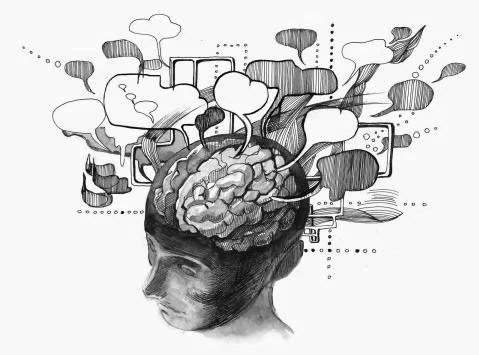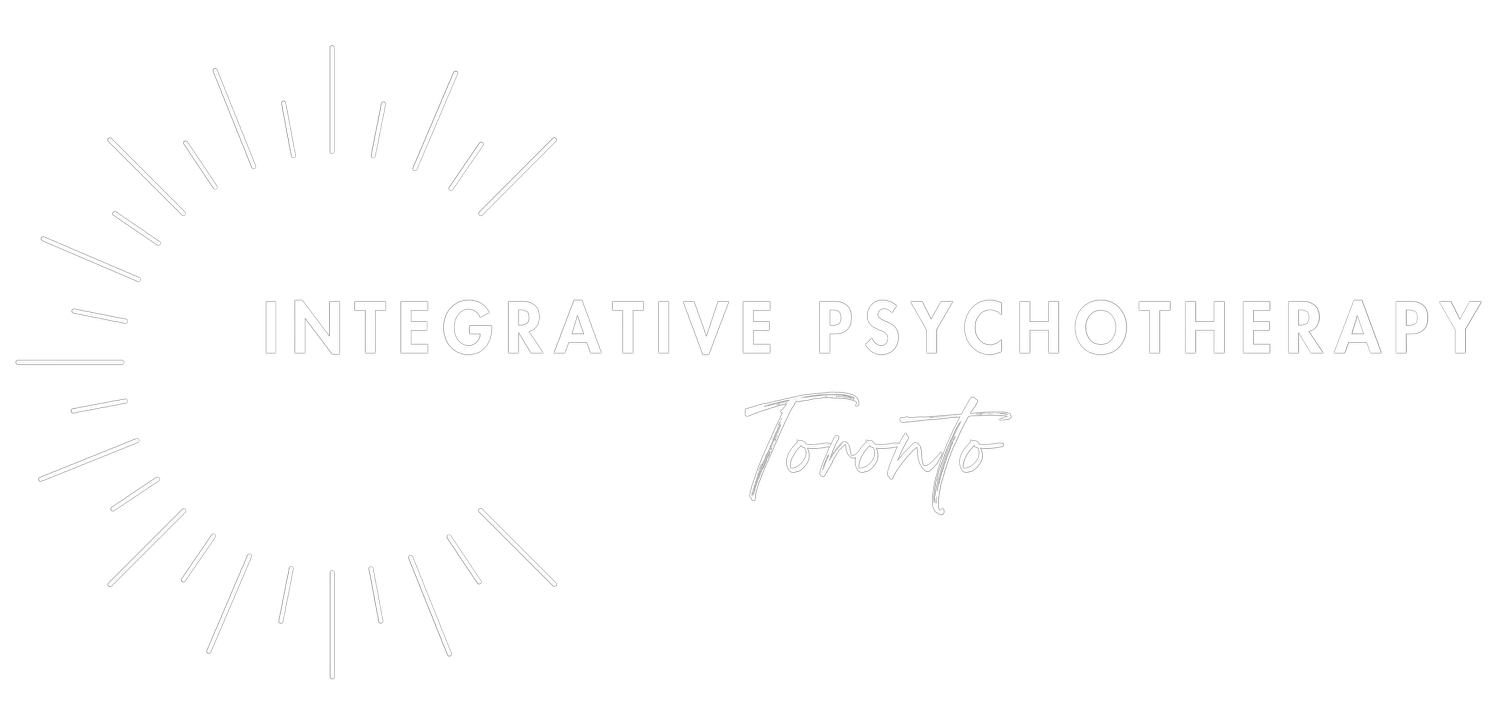Learn how couples therapy works, the different approaches used, and how it can help you strengthen your relationship. Explore Emotionally Focused Therapy, Gottman Method, and more at Integrative Psychotherapy Toronto.
Discover how Internal Family Systems therapy uses neuroscience to create transformational change. Understand your inner world, heal trauma, and connect with your authentic Self through this groundbreaking approach.

Deep Brain Reorienting (DBR) is a breakthrough therapy that targets trauma at its deepest level, reorienting brain pathways to help clients move past painful memories. This gentle, neuroscience-based approach helps with PTSD, anxiety, and feelings of being “stuck.”

Somatic Therapy, a body-based approach to healing, taps into the mind-body connection to release stress, anxiety, and trauma stored in our physical self. Discover how somatic experiencing can help you find calm and reconnect with your body in Toronto.

Recognized for its effectiveness in treating conditions like PTSD, anxiety, and depression, EMDR therapy is an empowering path to break free from emotional pain and reclaim a sense of self. Here’s a closer look at how EMDR works, the neuroscience behind it, and why so many people in Toronto are turning to EMDR for deep healing.

With roots in ancient healing practices, breathwork is not just about breathing; it’s about unlocking the mind-body connection to release trauma, relieve stress, and empower personal growth. But how exactly does breathwork work, and why is it so effective? Explore how breathwork can release trauma, reduce anxiety, and calm the mind.

Discover how Internal Family Systems therapy uses neuroscience to create transformational change. Understand your inner world, heal trauma, and connect with your authentic Self through this groundbreaking approach.
Deep Brain Reorienting (DBR) is a breakthrough therapy that targets trauma at its deepest level, reorienting brain pathways to help clients move past painful memories. This gentle, neuroscience-based approach helps with PTSD, anxiety, and feelings of being “stuck.”
Somatic Therapy, a body-based approach to healing, taps into the mind-body connection to release stress, anxiety, and trauma stored in our physical self. Discover how somatic experiencing can help you find calm and reconnect with your body in Toronto.
Recognized for its effectiveness in treating conditions like PTSD, anxiety, and depression, EMDR therapy is an empowering path to break free from emotional pain and reclaim a sense of self. Here’s a closer look at how EMDR works, the neuroscience behind it, and why so many people in Toronto are turning to EMDR for deep healing.
With roots in ancient healing practices, breathwork is not just about breathing; it’s about unlocking the mind-body connection to release trauma, relieve stress, and empower personal growth. But how exactly does breathwork work, and why is it so effective? Explore how breathwork can release trauma, reduce anxiety, and calm the mind.
Imagine our brain as a room with one giant filing cabinet in the centre of it. The filing cabinet is made up of many drawers (representing memory networks), which are filled with many files (representing brain cells). At birth, most of these files are strewn about the room haphazardly, with relatively few being stored in the filing cabinet. During the course of our life, the files in the room are gradually organized into drawers of the filing cabinet.


